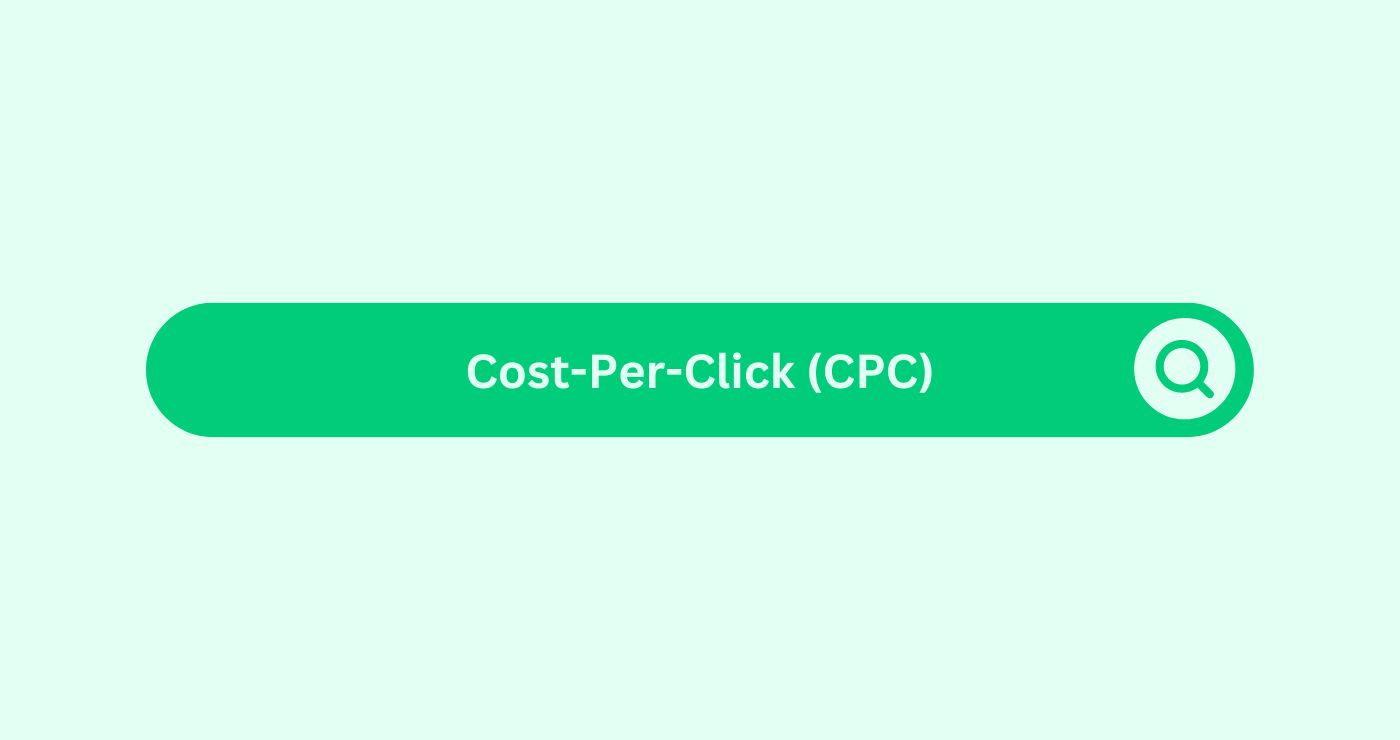Definition
Cost per click (CPC) is the price an advertiser pays per user click in digital advertising, impacting campaignDefinition An SEO campaign involves focused, Organised effor... efficiency and effectiveness.
How you can use
Let’s take an example of a business running a campaignDefinition An SEO campaign involves focused, Organised effor... for the keyword “digital marketing agency Auckland.” Suppose the agency is willing to spend up to $2 per click to drive trafficDefinition In the context of SEO (Search Engine Optimisation... to their website. If multiple advertisers are competing for the same keyword, the actual CPC might be adjusted by Google based on various factors like ad rankDefinition Ad rank calculates the position of an advertiseme... and quality scoreDefinition Quality Score is a metric that SEO uses to evalua....
For example, if “SEO Company A” has a better ad quality scoreDefinition Quality Score is a metric that SEO uses to evalua... and higher relevanceDefinition In SEO, relevance refers to the degree to which a... to the keyword, their CPC could be lower than a competitor with a lower ad rankDefinition Ad rank calculates the position of an advertiseme.... The advertiser might bid $2 for each click, but due to the competitive landscape and their ad’s performance, they could end up paying only $1.50 per click. In this case, the agency successfully drives trafficDefinition In the context of SEO (Search Engine Optimisation... to its website for less than its maximum bid.
Calculation
Cost-Per-Click (CPC) is calculated using the following formula:
CPC = Total Clicks / Total Cost
Where:
- Total Cost: The total amount spent on advertising within a specific period.
- Total Clicks: The total number of clicks received on the ads during the same period.
Key Takeaways
- CPC represents the actual cost incurred by advertisers for each click on their ads.
- Lower CPC values indicate more efficient use of the advertising budgetDefinition SEO budget is the money allocated for marketing a... and better campaignDefinition An SEO campaign involves focused, Organised effor... performance.
- Factors influencing CPC include bid competition, keyword relevanceDefinition In SEO, relevance refers to the degree to which a..., ad quality, and targeting options.
- Monitoring CPC allows advertisers to optimize their campaigns by adjusting bids, refining targeting, and improving ad relevanceDefinition In SEO, relevance refers to the degree to which a....
- Balancing CPC with other metricsWhat are Metrics in the context of SEO? Metrics in SEO refer... such as click-through rate (CTR)Definition CTR in social media measures the percentage of pe... and conversion rateDefinition Conversion Rate in the SEO space refers to the pe... is essential for achieving overall campaignDefinition An SEO campaign involves focused, Organised effor... objectives and maximizing ROI.
FAQs
What factors influence CPC?
CPC is influenced by factors such as bid competition, keyword relevanceDefinition In SEO, relevance refers to the degree to which a..., ad quality, targeting settings, and ad positionDefinition Ad Position in the SEO space refers to the placem....
How can I reduce CPC?
To reduce CPC, focus on improving ad quality, increasing keyword relevanceDefinition In SEO, relevance refers to the degree to which a..., refining targeting, optimizing landing pagesDefinition Landing pages are standalone web pages specifical..., and enhancing the overall user experience.
Is CPC the same as PPC?
No, CPC refers specifically to the cost paid for each click on an ad, while PPC (pay-per-click) is a broader advertising model where advertisers pay only when their ad is clicked.
Why is CPC important in digital advertising?
CPC is important because it directly impacts the cost-effectiveness of advertising campaigns and influences overall ROI.
How does CPC affect ad position?
Higher CPC bids typically result in better ad positions, as advertisers with higher bids are more likely to win auctions and secure top placements on search engine results pages.
Does CPC vary by industry?
Yes, CPC can vary significantly by industry, depending on factors such as competition, target audienceDefinition The term "Audience" refers to the group of indivi..., and the nature of products or services being advertised.
What role does Quality Score play in CPC?
Quality ScoreDefinition Quality Score is a metric that SEO uses to evalua... can impact CPC by influencing ad rankDefinition Ad rank calculates the position of an advertiseme..., which in turn affects the cost of clicks and the position of ads on search engine results pages.
Can CPC be fixed or negotiated?
CPC in paid advertising platforms like Google Ads is determined through auctions, where advertisers bid on keywordsDefinition Keywords are crucial for SEO success as they conn..., and it can fluctuate based on various factors.
How often should I monitor CPC?
It's advisable to monitor CPC regularly, especially when running active advertising campaigns, to identify trends and make timely adjustments to optimize performance.
Does CPC guarantee conversions?
No, CPC guarantees only the cost of clicks on ads; whether those clicks convert into leads or sales depends on factors such as ad relevanceDefinition In SEO, relevance refers to the degree to which a..., landing page experienceDefinition Page Experience refers to the overall user experi..., and the quality of the offer.




